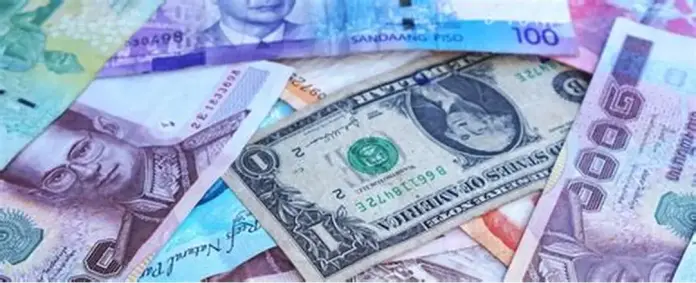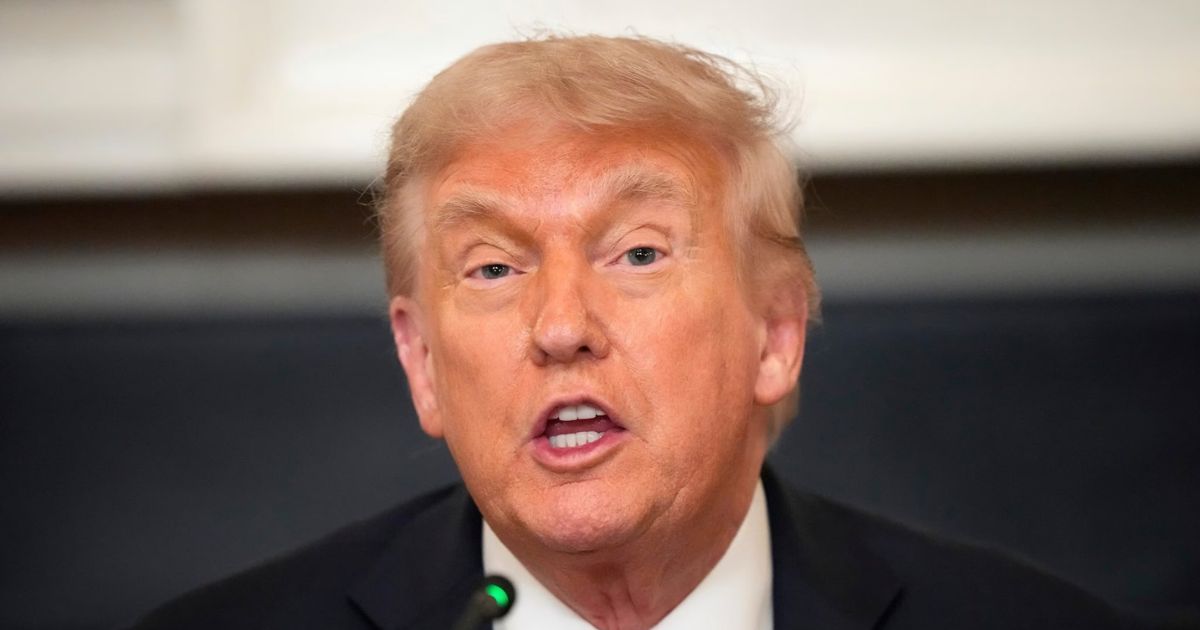By Ghana News
Copyright ghanamma

Ghana’s banking sector liquidity surged to GH¢343.0 billion in August 2025, driven primarily by a substantial increase in foreign currency deposits that offset declines in domestic money holdings, according to Bank of Ghana (BoG) monetary data.
The 1.8% monthly increase from July’s GH¢336.8 billion signals strengthening foreign investor confidence and growing dollarization within the Ghanaian financial system. Foreign currency deposits jumped dramatically by GH¢7.7 billion to reach GH¢67.6 billion, representing a 12.9% surge that provided the primary engine for overall liquidity growth.
The expansion comes as Ghana’s lending rates dropped to 24.15% in August, marking improved liquidity conditions that reflect the central bank’s monetary easing policies taking effect across the banking sector.
Domestic deposit categories showed mixed performance during August. Demand deposits, representing checking account balances, declined marginally to GH¢124.6 billion from GH¢125.9 billion, while savings and time deposits fell to GH¢94.1 billion from GH¢95.4 billion the previous month.
Reserve money, comprising currency in circulation plus commercial bank deposits held at the BoG, contracted to GH¢122.0 billion from July’s GH¢123.5 billion. The decline reflected a GH¢2.3 billion reduction in banks’ statutory reserves to GH¢57.5 billion, partially offset by increased currency circulation which rose to GH¢56.5 billion.
The monetary aggregates revealed diverging trends across different liquidity measures. Narrow money (M1), combining cash in circulation with demand deposits, remained stable at GH¢181.3 billion. Broad money (M2), which incorporates savings and time deposits, decreased slightly to GH¢275.5 billion from GH¢276.9 billion.
However, total liquidity (M2+), the most comprehensive measure including foreign currency deposits, recorded its largest monthly expansion in recent months. This metric has become increasingly significant as Ghana’s economy integrates with global financial markets and attracts foreign investment.
The foreign currency deposit surge suggests several economic dynamics at play. International investors may be positioning for Ghana’s economic recovery following recent debt restructuring agreements. Additionally, Ghanaian businesses and individuals appear to be diversifying their holdings amid ongoing currency volatility.
Ghana’s international reserves climbed to $10.7 billion as of August 2025, providing critical financial stability according to BoG Governor Dr. Johnson Asiama, creating conditions that support foreign currency inflows into the banking system.
The trend toward increased foreign currency deposits reflects broader shifts in Ghana’s monetary landscape. While domestic cedi deposits showed modest declines, the banking sector’s ability to attract foreign currency demonstrates resilience and adaptability to global capital flows.
Commercial banks have responded to improved liquidity conditions by reducing lending rates, with the average dropping from 26.59% in July to 24.15% in August. This transmission of monetary policy benefits borrowers across the economy while suggesting banks have adequate funding to support credit growth.
The data indicates Ghana’s banking sector is navigating a complex transition period. Local currency deposits face pressure from inflation and exchange rate concerns, while foreign currency holdings provide stability and growth. This bifurcated liquidity pattern may influence future monetary policy decisions as the BoG balances domestic and international financial flows.
For Ghana’s broader economy, the foreign currency deposit growth signals improving investor sentiment and potential for increased business investment. However, the trend also highlights ongoing challenges with currency stability that drive demand for foreign-denominated financial instruments.
The August liquidity data positions Ghana’s banking sector favorably for continued economic recovery, with foreign currency inflows providing crucial support even as domestic deposits adjust to changing economic conditions. The BoG will likely monitor these trends closely to ensure balanced financial sector development.



